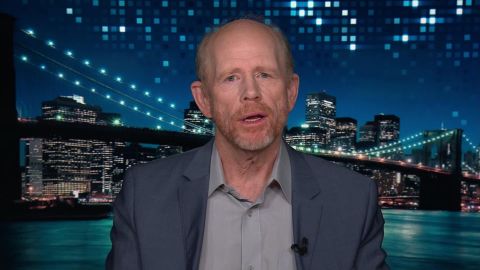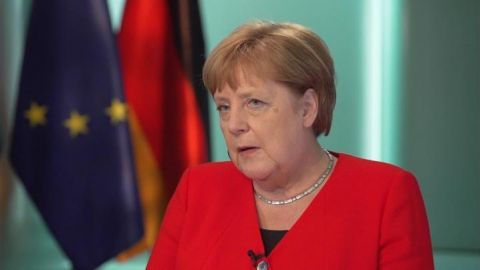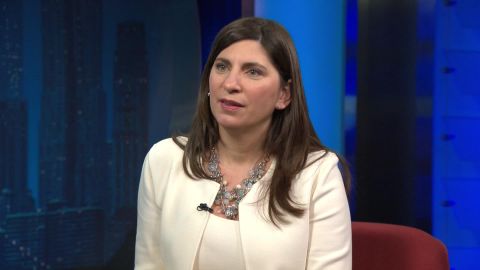Read Transcript EXPAND
ANGELA MERKEL, GERMAN CHANCELLOR (through translator): First of all, I was pleased that more people went to the elections than in the last European elections. That’s been the case in many countries. Secondly, we have become the strongest party and this will, of course, play a role when we nominate the positions within the European Union. And third, it’s correct that the Greens actually have been very strong and it has to do with issues that people are interested in the most these days.For example, climate change and that is also, for my part, of course, a challenge now. We have to give better answers to all these issues and we have to say very clearly that targets that we have committed to are targets that we remain committed to.
CHRISTIANE AMANPOUR: And yet, since you brought this up, I might as well talk about the environment because it’s what every young person practically is interested in, is their existential right. You’ve made targets but you haven’t kept them. Very many countries have not kept them. Germany is still quite dirty. You decided to put aside nuclear power after the Fukushima disaster. Do you regret that? Do you think there should be nuclear power or more commitment to a clean environment?
MERKEL: Well, I’m of the opinion that it’s correct that the young people of the world rise up and point out to the older generation what is happening to their future. And we have actually been able to keep within certain limits of the targets. But with the limits of 2020, for example, we have difficulties this year. We are now committed to 2030. I don’t regret leaving nuclear energy because I feel that was the correct decision. And I’m strongly convinced that generating energy by nuclear is not sustainable in the long run. We have also decided to phase out power generated by coal plants by 2038. And it’s, of course, a challenge to use neither coal nor nuclear energy, and we have to find a solution to this. We can do this. Here in Germany, renewable energies are already an important part of the energy mix and we want them to generate more energy by renewables by 2030.
AMANPOUR: I want to talk a little bit about your relationship with America. You are going to give the commencement speech at Harvard, to the graduates for this year. You, for the last nearly 15 years, have been a fierce defender of democracy and freedom on this continent and in the western alliance. I want to know how important America’s role has been, historically, in making Germany such a robust democracy.
MERKEL: one of the most important decisions that the United States took after the Second World War was to give Germany and Europe a chance to actually develop themselves, well, economically speaking. That was achieved by the Marshall plan. America has always defended us.
About This Episode EXPAND
Christiane Amanpour speaks with German Chancellor Angela Merkel and director Ron Howard. Hari Sreenivasan speaks with Stacey Cunningham, president of the New York Stock Exchange.
LEARN MORE


